There are many different types of sprouts to choose from, each with its own unique flavor and nutritional profile. They are a nutritious and tasty addition to any diet. Sprouts are also easy to grow at home, making them a convenient and affordable way to add some extra nutrition to your meals.
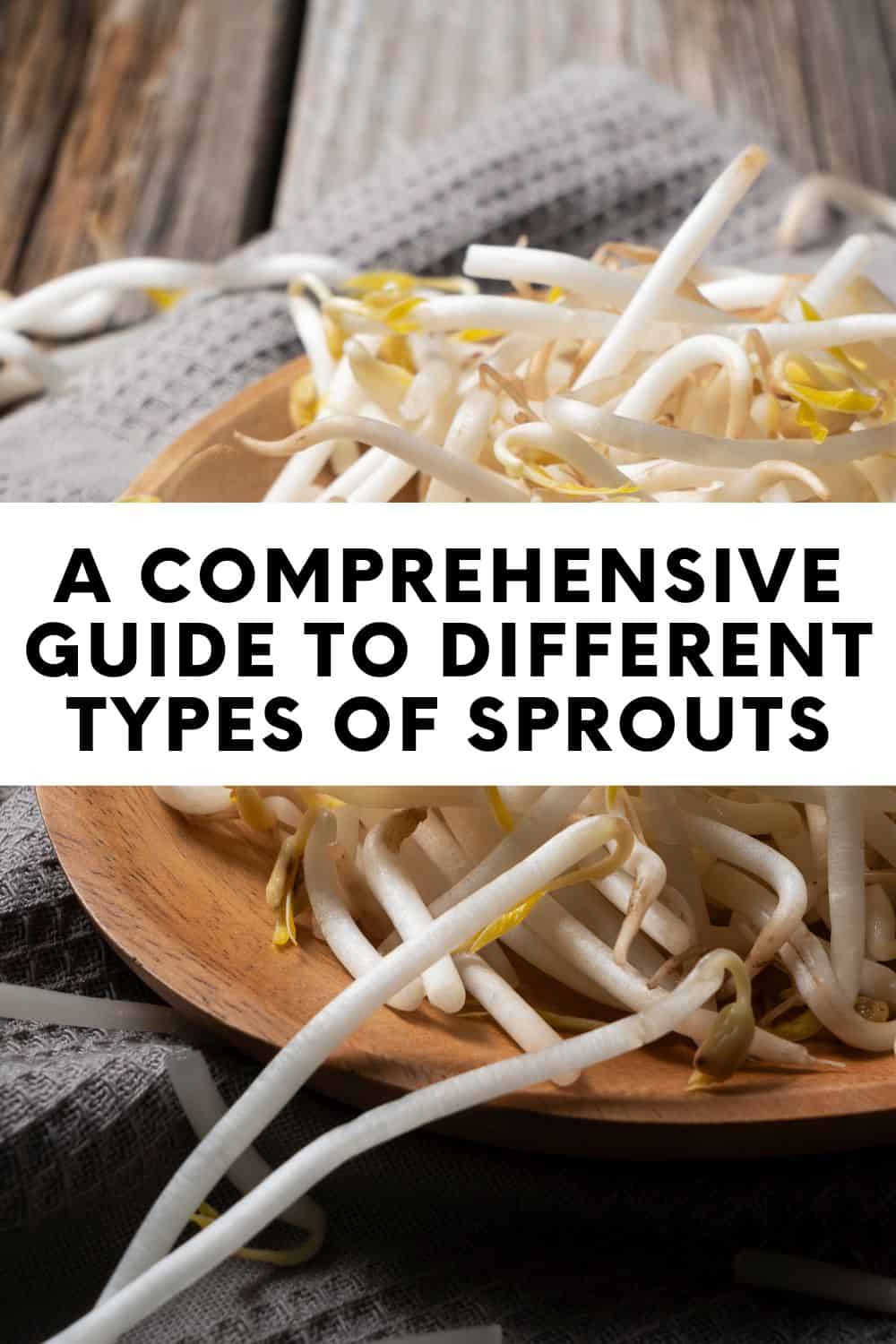
Some popular varieties include alfalfa, bean, broccoli, and radish sprouts. Each of these sprouts has its own distinct taste and texture, making them a versatile ingredient in many different dishes.
Jump to:
Key Takeaways
- Sprouts are a nutritious and tasty addition to any diet.
- There are many different types of sprouts to choose from, each with its own unique flavor and nutritional profile.
- Sprouts are easy to grow at home, making them a convenient and affordable way to add some extra nutrition to your meals.
Sprouting Basics
What are Sprouts?
Sprouts are young, tender plants that are grown from seeds. They are packed with nutrients and are a great addition to salads, sandwiches, and other dishes. Sprouts come in various flavors and textures, making them a versatile ingredient in many recipes.
The Sprouting Process
The sprouting process is simple and can be done at home with just a few basic tools. First, choose the seeds you want to sprout. Popular sprouting seeds include alfalfa, broccoli, lentils, mung beans, and radish. Next, rinse the seeds thoroughly and soak them in water for a few hours or overnight.
After soaking, drain the water and rinse the seeds again. Place the seeds in a sprouting container or a jar with a mesh lid. Rinse and drain the seeds twice a day for several days until they begin to sprout.
During the sprouting process, it is important to keep the seeds moist but not waterlogged. Excess water can lead to mold growth.
There are many types of sprouters available, from simple jars to elaborate sprouting systems. Choose the sprouter that best fits your needs and budget.
Overall, sprouting seeds is a simple and rewarding process that can be done at home with minimal effort. With a little patience and care, you can enjoy fresh, nutritious sprouts in just a few days.

Different Types of Sprouts
Sprouts are a great addition to any diet. They are easy to grow, taste great, and are packed with nutrients. Here are some of the most popular types of sprouts:
Bean Sprouts
Bean sprouts are one of the most commonly used sprouts. They are made from a variety of beans, including mung beans, soybeans, and chickpeas. Bean sprouts are crunchy and have a slightly sweet taste.
Mung Bean Sprouts
Mung bean sprouts are one of the most popular sprouts in Asian cuisine. They are crunchy and have a slightly nutty flavor. They are often used in stir-fries, salads, and soups.
Chickpea Sprouts
Chickpea sprouts are a great source of protein and fiber. They have a slightly nutty flavor and are often used in salads and sandwiches.
Soybean Sprouts
Soybean sprouts are a great source of protein and are often used in Asian cuisine. They have a slightly sweet taste and are often used in stir-fries and soups.
Pea Sprouts
Pea sprouts are a great source of vitamins and minerals. They have a slightly sweet taste and are often used in salads and sandwiches.
Green Pea Sprouts
Green pea sprouts are a great source of protein and fiber. They have a slightly sweet taste and are often used in salads and sandwiches.

Grain Sprouts
Grain sprouts are made from a variety of grains, including wheat, barley, and quinoa. They are a great source of protein and are often used in salads and sandwiches.
Lentil Sprouts
Lentil sprouts are a great source of protein and are often used in salads and soups. They have a slightly nutty flavor.
Vegetable Sprouts
Vegetable sprouts are made from a variety of vegetables, including alfalfa, broccoli, and radish. They are a great source of vitamins and minerals and are often used in salads and sandwiches.
Alfalfa Sprouts
Alfalfa sprouts are a great source of vitamins and minerals. They have a slightly nutty flavor and are often used in salads and sandwiches.
Broccoli Sprouts
Broccoli sprouts are a great source of vitamins and minerals. They have a slightly bitter taste and are often used in salads and sandwiches.
Radish Sprouts
Radish sprouts are a great source of vitamins and minerals. They have a slightly spicy taste and are often used in salads and sandwiches.
Red Clover Sprouts
Red clover sprouts are a great source of vitamins and minerals. They have a slightly sweet taste and are often used in salads and sandwiches.

Nut and Seed Sprouts
Nut and seed sprouts are made from a variety of nuts and seeds, including sunflower seeds, fenugreek seeds, and mustard seeds. They are a great source of protein and are often used in salads and sandwiches.
Sunflower Sprouts
Sunflower sprouts are a great source of vitamins and minerals. They have a slightly nutty flavor and are often used in salads and sandwiches.
Fenugreek Sprouts
Fenugreek sprouts are a great source of vitamins and minerals. They have a slightly bitter taste and are often used in salads and sandwiches.
Mustard Sprouts
Mustard sprouts are a great source of vitamins and minerals. They have a slightly spicy taste and are often used in salads and sandwiches.

Incorporating Sprouts into Your Diet
Sprouts are versatile and can be incorporated into a variety of dishes. They add a nutty flavor and crunchy texture to salads, sandwiches, and wraps. They can also be used as a garnish for soups and stews or added to stir-fries for an extra boost of nutrition.
One easy way to incorporate sprouts into your diet is by adding them to salads. Sprouts can add a refreshing crunch to your favorite salad, and they pair well with a variety of vegetables. For example, try adding alfalfa sprouts to a Greek salad for an extra layer of flavor.
Another way to enjoy sprouts is by adding them to sandwiches. They can add a unique texture and flavor to your favorite sandwich. For example, try adding sprouts to a turkey and avocado sandwich for a fresh and healthy twist.
Sprouts can also be used as a topping for pancakes or fries. They add a crunchy texture and nutty flavor that pairs well with sweet or savory dishes.
In addition to their taste, sprouts are also packed with nutrients. They are rich in vitamins, minerals, and enzymes that are essential for overall health and vitality. So, incorporating sprouts into your diet is an easy way to boost your nutrition.
Overall, there are many ways to incorporate sprouts into your diet. They can add a unique and healthy twist to your favorite dishes. So, try adding sprouts to your meals and enjoy their many benefits.

Nutritional Value and Health Benefits of Sprouts
Sprouts are a nutrient-dense food that provides many health benefits. They are packed with vitamins, minerals, and antioxidants that can help boost the immune system, improve digestion, and prevent chronic diseases.
One of the key benefits of sprouts is their high protein content. Sprouts are an excellent source of plant-based protein, making them a great addition to a vegetarian or vegan diet. They are also rich in dietary fiber, which can help regulate blood sugar levels and promote satiety.
Sprouts are also a good source of vitamins and minerals, including folate, vitamin C, calcium, and magnesium. Folate is essential for fetal development and can help prevent birth defects.
In addition to vitamins and minerals, sprouts contain a variety of other nutrients that can benefit the body. Zinc, manganese, thiamine, and copper are all essential minerals that play a role in many bodily functions, including immune system function and wound healing.

Safety and Storage
Sprouts are a popular health food item that can be found in many health food stores. While they are nutritious, they can also be a source of contamination and foodborne illness if not handled and stored properly. In this section, we will discuss some tips for mitigating contamination risks and proper storage techniques for raw sprouts.
Mitigating Contamination Risks
Raw sprouts can be a breeding ground for bacteria such as salmonella. To mitigate the risk of contamination, it is important to disinfect the seeds and equipment used for sprouting. One effective way to disinfect seeds is to soak them in a solution of one part vinegar to three parts water for 15 minutes before rinsing them thoroughly. Additionally, equipment such as glass jars used for jar sprouting should be washed with hot soapy water and thoroughly rinsed before use.
It is also important to handle sprouts with clean hands and avoid cross-contamination with other foods. Consumers should wash their hands before handling sprouts or sprout seeds. After sprouting, sprouts should be drained well to prevent the growth of bacteria.
Proper Storage Techniques
Proper storage techniques are crucial for maintaining the freshness and safety of sprouts. After rinsing, sprouts should be gently shaken to remove excess water. Excess moisture can lead to mold growth or make the sprouts soggy during storage. Any brown or damaged parts of the sprouts should be trimmed off before storing.
To keep sprouts fresh longer, it is important to store them in a breathable storage container. One option is to use a glass jar with a sprouting lid. After rinsing the sprouts thoroughly with cold water, allow them to drip dry for 8-12 hours. Then, transfer them to the glass jar and store the container in the refrigerator at 34-38 degrees Fahrenheit.

Frequently Asked Questions
Which sprouts are considered the healthiest to consume?
The healthiest sprouts to consume are those high in vitamins, minerals, and antioxidants. Some of the most nutritious sprouts include broccoli, alfalfa, mung bean, and radish sprouts. Broccoli sprouts are particularly high in sulforaphane, a compound that has anti-cancer properties. Mung bean sprouts are rich in vitamin C and iron, while alfalfa sprouts are a good source of vitamin K and folate.
What are the benefits associated with consuming various sprouts?
Consuming sprouts has been linked to several health benefits, including improved digestion, increased energy levels, and reduced inflammation. Sprouts are also a good source of enzymes, which can help the body break down food more efficiently. Additionally, many sprouts are rich in antioxidants, which can protect the body against damage from free radicals.
What is the most commonly consumed type of sprout?
The most commonly consumed type of sprout is alfalfa sprouts. These sprouts are mild in flavor and can be added to salads, sandwiches, and wraps for an extra boost of nutrition. Other popular sprouts include mung bean sprouts, which are often used in Asian cuisine, and broccoli sprouts, which are commonly added to smoothies and juices.








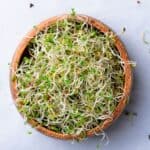






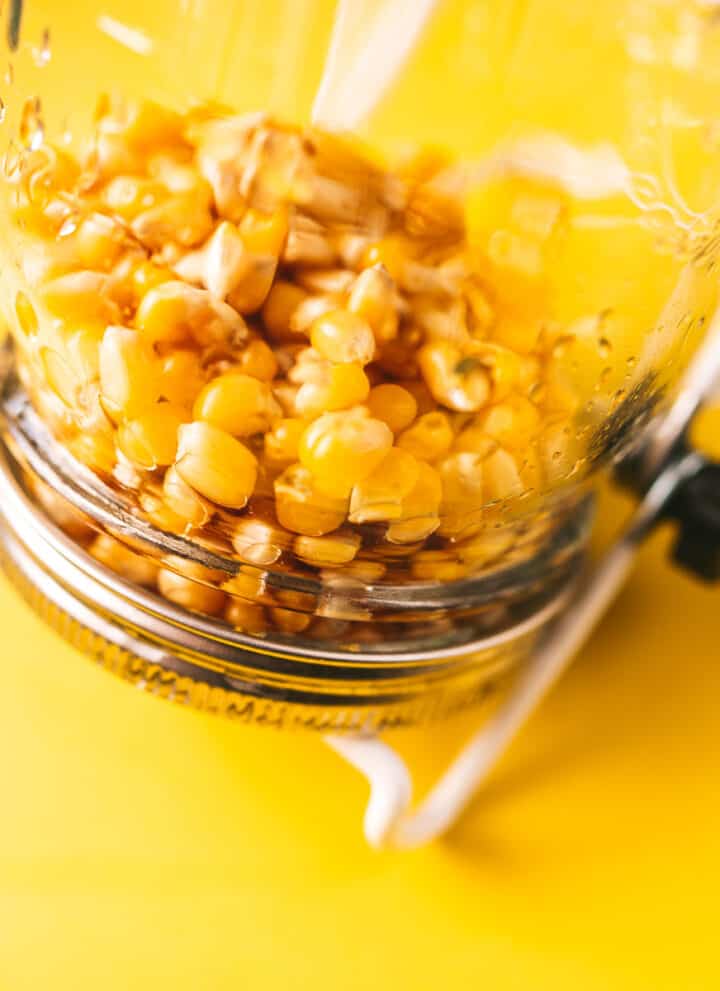
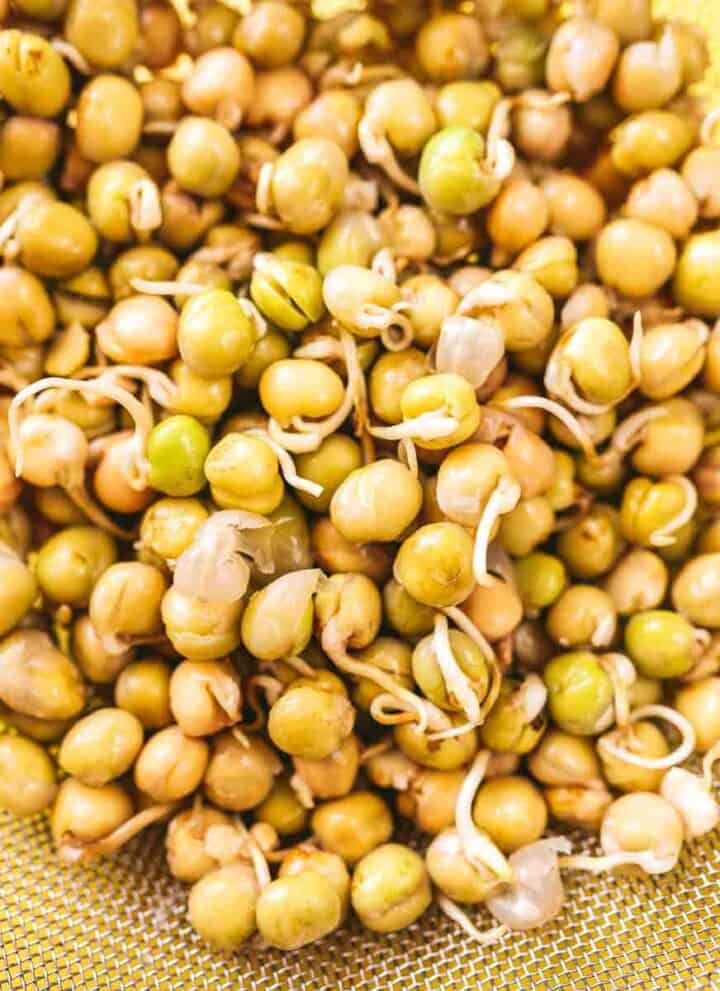
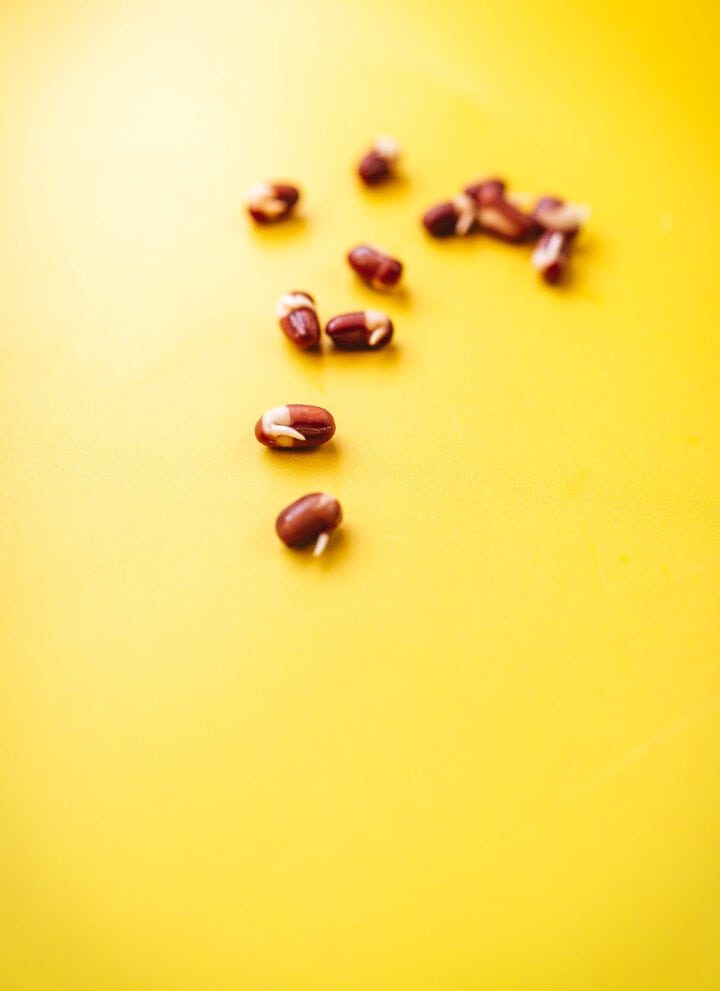
Comments
No Comments